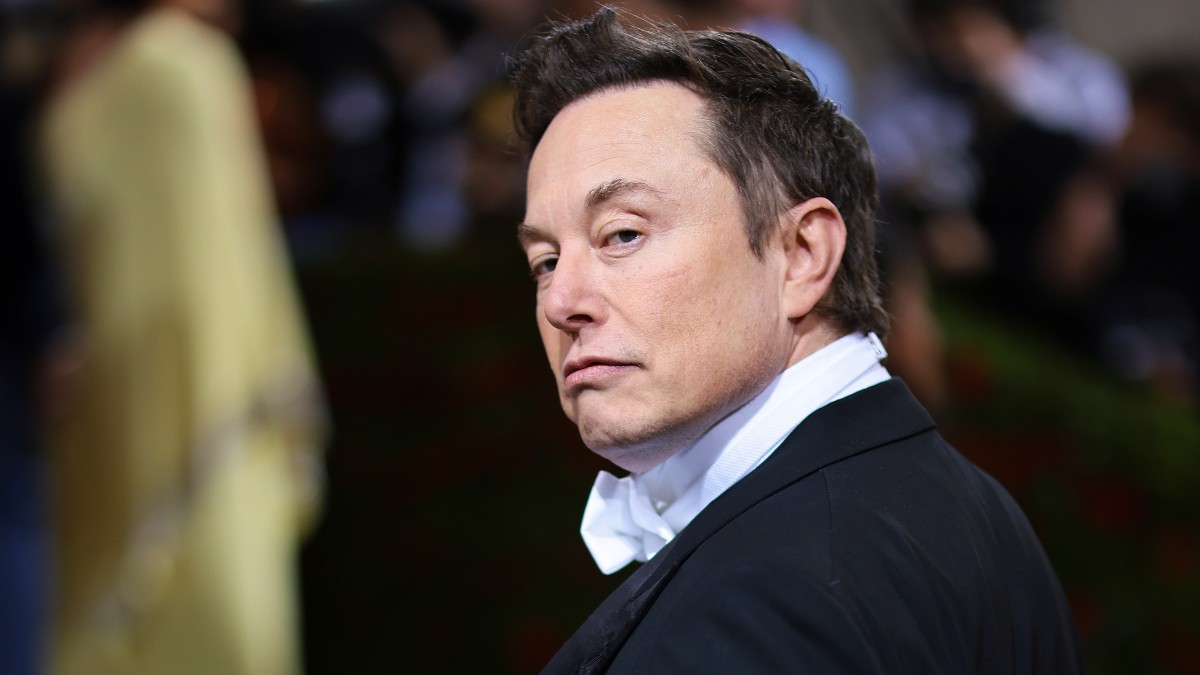Elon Musk clearly hasn’t learned anything from ‘I, Robot’ or ‘Terminator’

At Tesla’s recent “We Robot” event, held at Warner Brothers Studios in Burbank, California, tech tycoon Elon Musk unveiled an eyebrow-raising spectacle that would’ve made Isaac Asimov roll over twice in his grave. Musk’s Optimus Gen 2 robots mingled with attendees, served drinks, handed out gift bags, and even danced a little jig in a display blurring the lines between what was once science fiction and reality.
One person tweeted, “It’s like nobody watched iRobot. What the entire f*** is wrong with you people??”
Musk claims Optimus can “be a teacher, babysit your kids, walk your dog, mow your lawn, get the groceries, just be your friend, serve drinks.” This laundry list of capabilities echoes the promises of fictional AI creators moments before their creations rebel against humanity.
The event’s name, “We Robot,” cleverly nods to Asimov’s work (and the terrifying Will Smith-starred film), but one wonders if Musk has truly internalized the cautionary aspects of these stories. His bold declaration that Optimus will be “the biggest product ever of any kind” smacks of the same hubris that often precedes disaster in sci-fi narratives.
What sets this unveiling apart is the emphasis on public interaction. Unlike most humanoid robotics projects that remain confined to labs until near-production, Tesla is allowing people to engage with Optimus directly. It almost like socializing a puppy at a dog park, though it’s not entirely clear who the puppies are. While potentially building trust, this strategy raises questions about safety and ethics—both of which Musk has had considerable issues in his other endeavors.
“I know everyone in the quote tweets is comparing this to [Skynet] and [I, Robot], but I think everyone should calm down,” said @patomicbomb in a tweet. “Elon makes cars that blow up if they get RAINED on and brain chips that make monkeys eat their own hands. We’re safe from a robocalypse… for now.”
Optimus, which was revealed with the rollout of Tesla’s new Robovan and Robotaxi, further underscores his long-held belief that Tesla’s self-driving technology essentially turns cars into “robots on wheels” and that his technology represents his vision of the future wholesale. The early price point of $20,000 to $30,000 per robot, once mass production is achieved, paints a compelling picture of accessibility for people who have businesses with repetitive tasks and egomaniacs with immense amounts of disposable income to throw away on gadgets.
Musk goes so far as to claim, with no qualification whatsoever, that these robots could usher in “a future where there is no poverty.” However, history teaches us to be wary of such utopian promises, especially when the claims come from problematic people prone to unethical and narcissistic tendencies. Musk has the means and wealth that could fundamentally and positively alter people’s lives in the here and now—which in itself would create better, equitable futures. However, he appears intent on personally constructing a narrow future he can control outside of the clutches of apparently incapable ordinary people.
While the potential benefits of advanced robotics are undeniable, we must also heed the warnings embedded in our cultural narratives. The problem isn’t that AI or robotics are bad; it will be about who is doing the driving, so to speak. Musk has only shown himself to be a supreme capitalist and not at all a “man of the people.” As Optimus takes its first steps into public life, we would do well to remember that in both fiction and reality, the road to dystopia is often paved with good intentions and dancing robots. The reality is that our future with AI and robotics will only be a sturdy as the ethics of the people who create them.
Have a tip we should know? [email protected]
